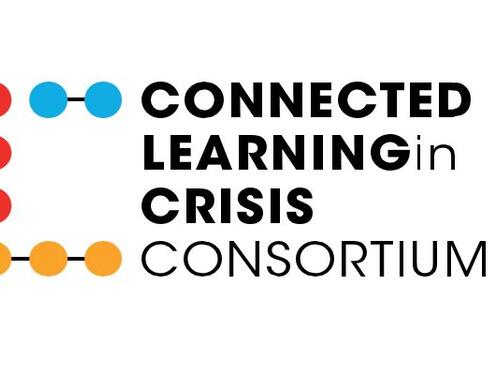Connected Higher Education
Connected Higher Education

Connected Learning is an innovative form of higher education that uses information technology to combine face-to-face and online learning. It enables students living in remote areas to connect with top universities and to exchange knowledge globally. Since 2010, over 25,000 refugee learners in 23 countries have participated in Connected Learning programmes.
"This JWL programme is excellent and I am very grateful to all who have supported it, I cannot relocate to go to university, in Nairobi for instance, but this special opportunity allows me to study here in Kakuma, near my family."
Connected higher education engages students in ways that allow them to link personal interests, peer relationships and opportunities. Connected learning methods have been particularly successful in low-resource and marginalised learning contexts.
Coordinated by UNHCR and Arizona State University, the Connected Learning in Crisis Consortium (CLCC) was founded in 2016. The CLCC aims to promote, coordinate and support the provision of quality higher education in contexts of conflict, crisis and displacement through connected learning.
The CLCC is constantly growing, connecting humanitarian, academic, and development actors across the globe. Currently the CLCC has 27 members, whose work you can learn more about by visiting our website and digital playbook. Members are aligned to the Consortium’s shared framework, demonstrate a long-term commitment, and leverage existing resources and knowledge to further the network’s goals. Please visit our site to learn more about joining the CLCC.


